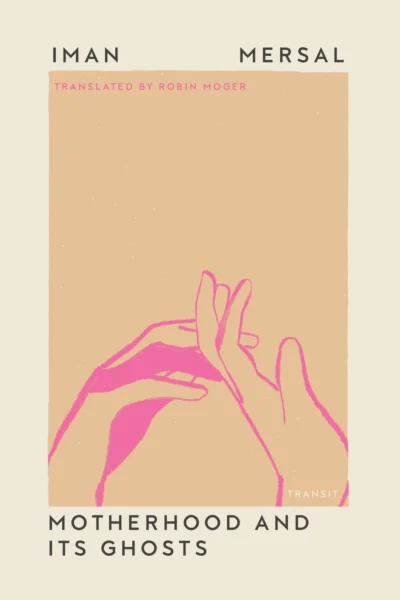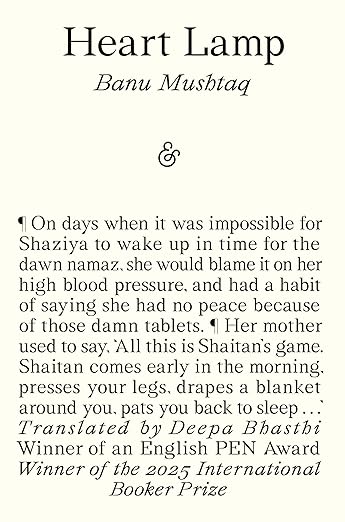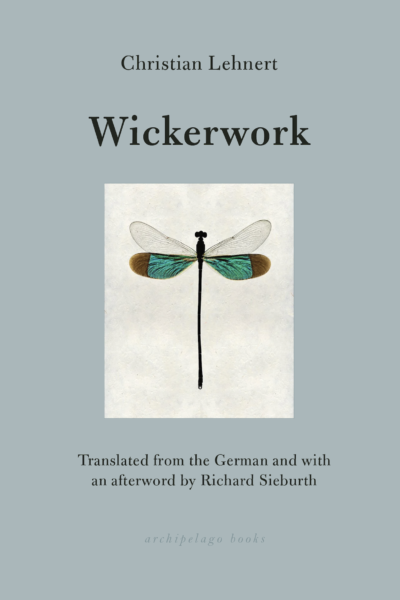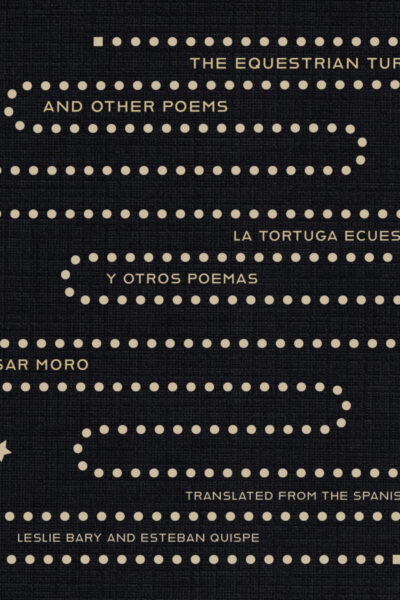Sakina’s Kiss – Vivek Shanbhag
SAKINA’S KISS is an attempt to travel between two […] islands, the village Gothic and the urban global
Motherhood and its Ghosts — Iman Mersal, translated from the Arabic by Robin Moger
Forced into memory after becoming a mother herself, Mersal seeks to arrive at an understanding of who her mother was in order to understand who she will become.
Heart Lamp — Banu Mushtaq, Translated from Kannada by Deepa Bhasthi
One of the most inventive and profound aspects of Heart Lamp is how Mushtaq layers these multiple points of view: in “Black Cobras” alone there are at least six, most of them the perspectives of women and girls. A few stories are told in the first person, but most of the time the close third-person narrator moves between those who have all the power and those who have none.
Places in the Dark – Lidmila Kábrtová
Why bother being good when paradise was never promised?
Wickerwork – Christian Lehnert
Nature crafts its own metaphors
The novel is a portrait of growing up and growing old, twin phenomena that run in the same direction yet seem somehow opposed
The Equestrian Turtle and Other Poems – César Moro
Through a surrealist style, the poet plunges us into the complexities of a homoerotic love and into the depths of his symbolism.
A Prague Flâneur – Vítězslav Nezval
Prague surpasses its “practical necessity” and expands into a dynamic host for memories
We Are Green and Trembling – Gabriela Cabezón Cámara
Erauso is the stranger in this world and he, the conquistador, becomes a subject in the dominion of this new world
My Heavenly Favorite — Lucas Rijneveld
As a reader, to spend so much time with this man’s mind is troubling. Still, the rhythmical intensity of Rijneveld’s prose is so striking, the reader can’t help being captivated by this disturbed yet poetic man. As uncomfortable as it is to admit, there is pleasure in his company.











